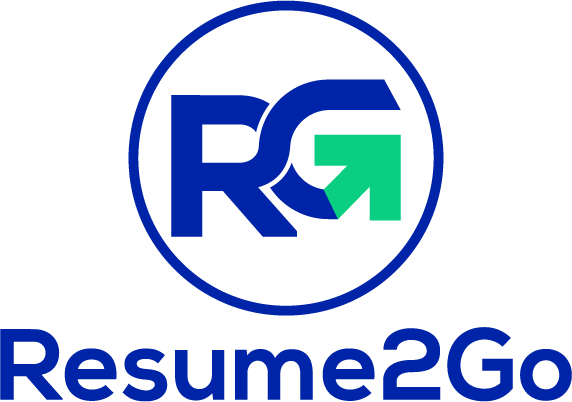How to Craft a Resume That Stands Out: 7 Tips for Success

In today’s competitive job market, your resume is often your first (and sometimes only) chance to make a great impression. With recruiters spending just 7 seconds scanning each resume, how can you make sure yours grabs attention? Here are 7 essential tips to help you create a standout resume that rises to the top.
1. Start with a Strong Professional Summary
Your professional summary should quickly convey who you are, your key strengths, and what you’re looking for. Think of it as your personal elevator pitch.
Why it works: A strong professional summary can increase your chances of standing out. According to a study by CareerBuilder, 48% of hiring managers say that resumes without a strong summary or profile are often dismissed.
Example: “Detail-oriented Data Analyst with 3+ years of experience using SQL, Python, and Tableau to drive business insights. Seeking to leverage skills in a growth-oriented environment.”
Tip: Tailor this section for each job you apply to, highlighting specific skills that align with the role.
2. Optimize for Applicant Tracking Systems (ATS)
To pass ATS screenings, use relevant keywords from the job description, especially for specific skills like "Python" or "SQL." Avoid graphics, tables, or complex formatting as ATS systems may not read them correctly.
Why it works: Approximately 75% of large companies use ATS to screen resumes. By optimizing your resume for ATS, you improve your chances of moving forward to the human screening process.
3. Focus on Accomplishments, Not Just Responsibilities
Highlight measurable achievements to showcase the impact you've made in previous roles
Why it works: Research by Zippia shows that quantifiable results increase your chances of securing an interview. Candidates who list accomplishments are 40% more likely to receive a call back.
Example:
“Increased sales by 15% within six months by streamlining processes.”
This makes you stand out from candidates with similar responsibilities but less tangible results.
4. Use a Clean, Professional Format
Stick to a simple layout with clear headings, bullet points, and fonts like Arial or Calibri. Keep it concise—1 to 2 pages max. A well-organized resume is easier to read and more professional.
Why it works: A study by ResumeGo found that resumes with simple formatting were 60% more likely to be read than those with complex designs. Less clutter allows hiring managers to focus on the content.
5. Tailor Your Resume for Each Job
Customize your resume for each role by reflecting the specific skills and experiences mentioned in the job posting. Tailoring shows you’re genuinely interested in the position.
Why it works: According to research from TopResume, 75% of professionals who tailor their resume for a specific job experience more success in securing interviews. Tailored resumes demonstrate effort and relevance.
6. Highlight Your Unique Selling Proposition (USP)
Identify what makes you different from other candidates and feature it prominently.
Why it works: The LinkedIn Talent Trends report highlights that 72% of recruiters prefer candidates who can clearly articulate their unique value. Highlighting your USP helps to differentiate you.
Example:
“Known for translating complex data into actionable insights, I helped drive a 20% improvement in customer retention.”
Your USP sets you apart from the competition.
7. Proofread and Edit Ruthlessly
A typo or formatting error can undo all your hard work. Proofread carefully, and if possible, ask a friend or colleague to review your resume for a fresh perspective.
Why it works: Surveys indicate that 77% of hiring managers will automatically disqualify a candidate due to grammatical or spelling errors. A clean, error-free resume ensures you don’t lose opportunities over avoidable mistakes.
Conclusion
By following these 7 tips, you can create a resume that not only passes ATS screenings but also grabs the attention of hiring managers. Remember, your resume is a tool to market yourself—so make sure it showcases your strengths and sets you apart from the competition.
